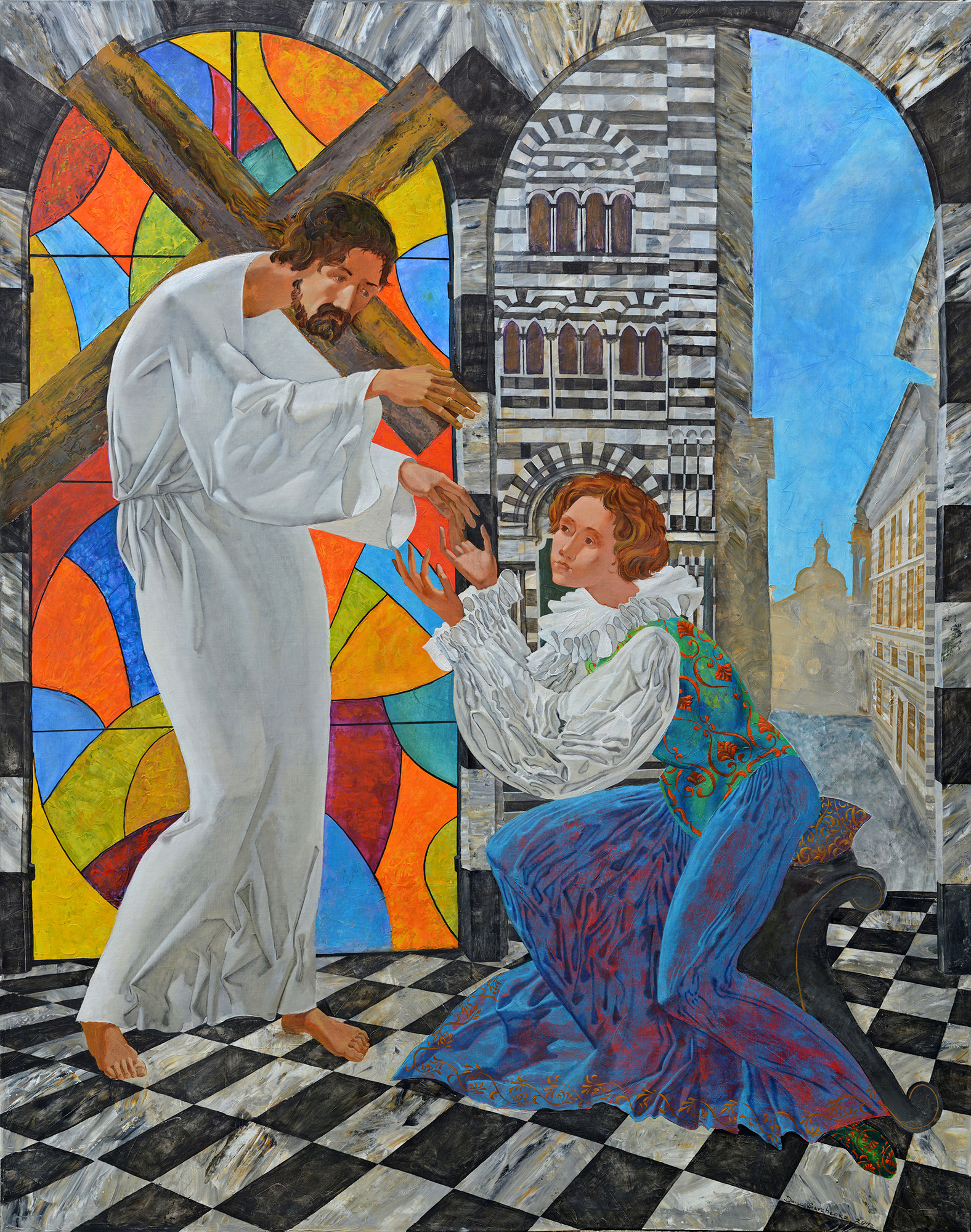|
Saint Catherine Of Genoa
Catherine of Genoa (Caterina Fieschi Adorno, 1447 – 15 September 1510) was an Italian Roman Catholic saint and mystic, admired for her work among the sick and the poor and remembered because of various writings describing both these actions and her mystical experiences. She was a member of the noble Fieschi family,Oxford Dictionary of the Christian Church (Oxford University Press 2005 ), article ''Catherine, St, of Genoa'' and spent most of her life and her means serving the sick, especially during the plague which ravaged Genoa in 1497 and 1501. She died in that city in 1510. Her fame outside her native city is connected with the publication in 1551 of the book known in English as the ''Life and Doctrine of Saint Catherine of Genoa''. She and her teaching were the subject of Baron Friedrich von Hügel's classic work ''The Mystical Element of Religion'' (1908). Early life Catherine was born in Genoa in 1447, the last of five children. Catherine's parents were Jacopo Fi ... [...More Info...] [...Related Items...] OR: [Wikipedia] [Google] [Baidu] |
Saint
In religious belief, a saint is a person who is recognized as having an exceptional degree of Q-D-Š, holiness, likeness, or closeness to God. However, the use of the term ''saint'' depends on the context and Christian denomination, denomination. In Catholic Church, Catholic, Eastern Orthodox Church, Eastern Orthodox, Anglican Communion, Anglican, Oriental Orthodox, and Lutheranism, Lutheran doctrine, all of their faithful deceased in Heaven are considered to be saints, but some are considered worthy of greater honor or emulation. Official ecclesiastical recognition, and consequently a public cult of veneration, is conferred on some denominational saints through the process of canonization in the Catholic Church or glorification in the Eastern Orthodox Church after their approval. While the English word ''saint'' originated in Christianity, History of religion, historians of religion tend to use the appellation "in a more general way to refer to the state of special holiness t ... [...More Info...] [...Related Items...] OR: [Wikipedia] [Google] [Baidu] |

